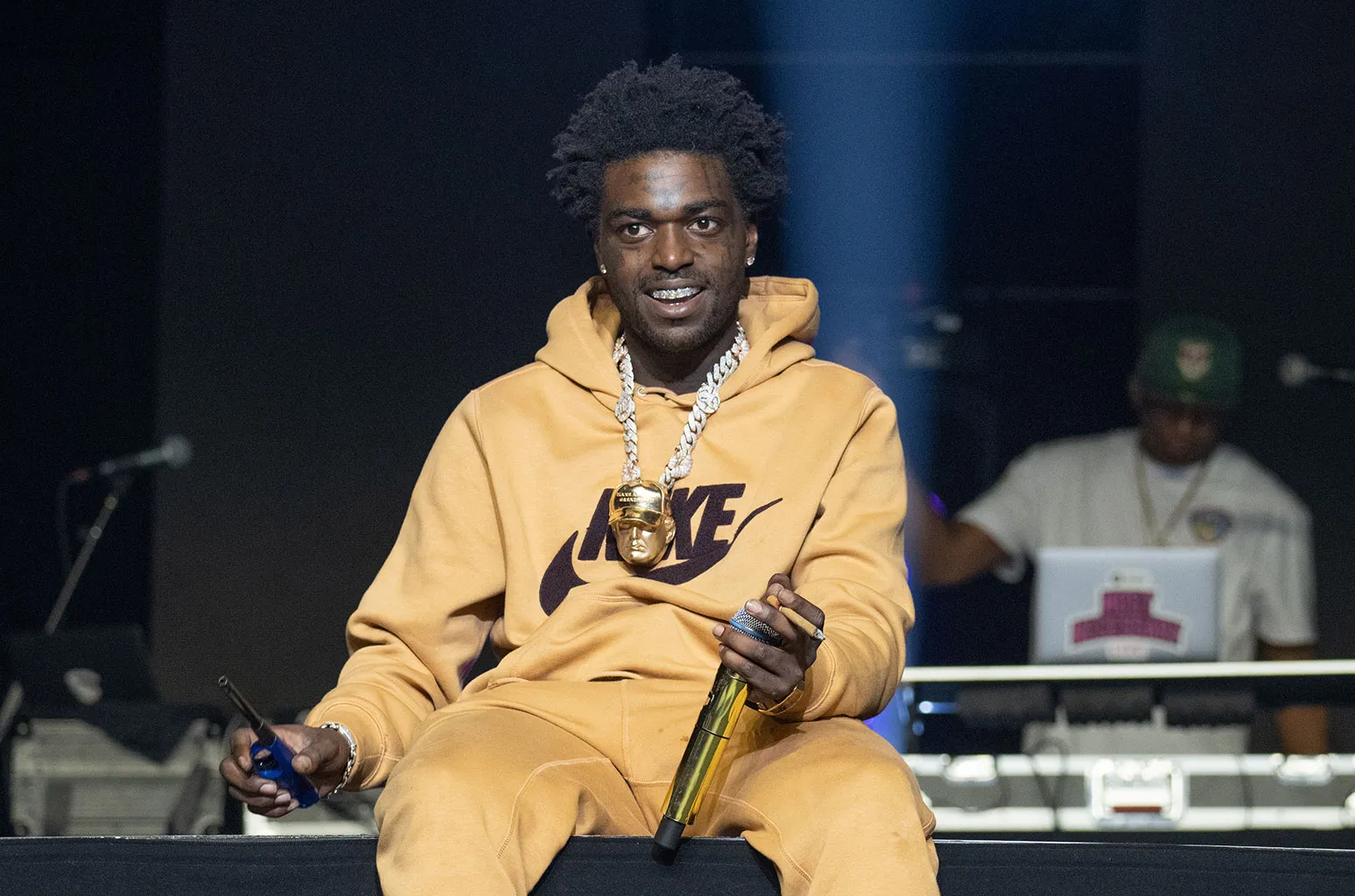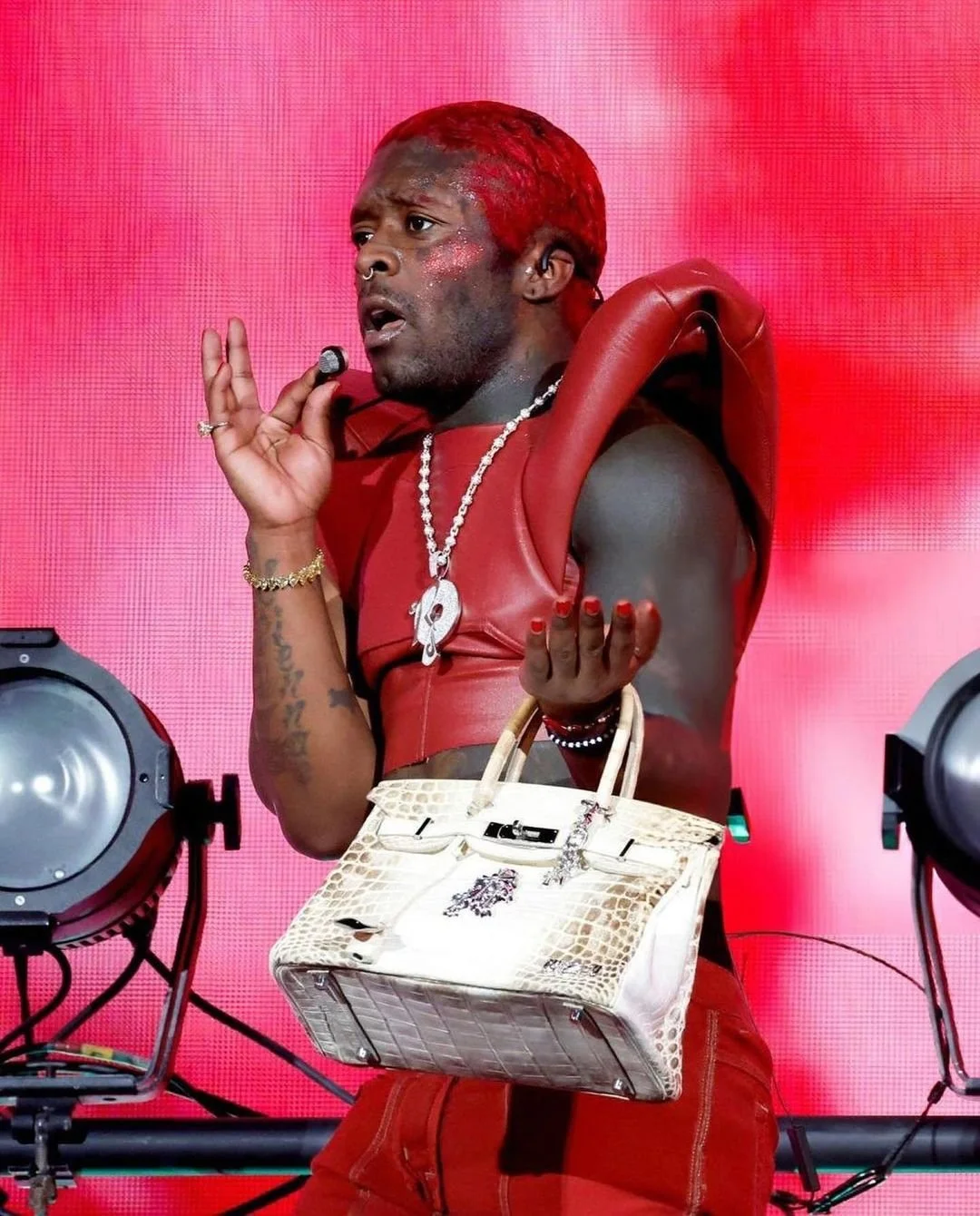Deconstructing Toxic Masculinity in Hip-Hop: A Cultural Reckoning
The term "toxic masculinity" refers to the destructive behaviors often associated with masculinity, including misogynistic and homophobic tendencies, a constant need for dominance, the justification of abusive actions, emotional suppression, and physical violence. While this term has gained traction in recent years, it was actually coined in the 1980s by the New Age men’s movement. This group identified toxic masculinity as a negative trait and hosted workshops and retreats to help men deconstruct these harmful mindsets.
Despite numerous efforts to dismantle toxic masculinity, it remains deeply entrenched in modern society, particularly within the entertainment industry. The hip-hop and rap community has faced ongoing issues related to toxic behaviors. High-profile cases involving rappers like Kodak Black, Chris Brown, Tory Lanez, and Diddy highlight the pervasive nature of this problem. Kodak Black has faced criticism for making colorist comments and was convicted of rape. Chris Brown's long history of abusive behavior and making derogatory comments about black women. Tory Lanez, despite being convicted of assault against Megan Thee Stallion, received a significant amount of support from fellow celebrities. Diddy, has been protected by some within the black community despite numerous rape and domestic violence allegations recently coming to light.
This mentality of defending these men despite their actions is rooted in celebrity idolization and victim-blaming. The entertainment industry often places problematic individuals on pedestals, making it difficult to hold them accountable. However, it's important to note that not every black male rapper exhibits toxic masculinity. In fact, some are actively working to dismantle this stigma.
Up-and-coming rapper Skai Water uses his platform to flaunt his feminine mannerisms and iconic duck nails. Isaiah Rashad of Top Dawg Entertainment has openly identified as sexually fluid. Most notably, Tyler, The Creator overcame his toxic ideologies early in his career by using his fourth studio album, "Flower Boy," to come out as bisexual. These artists challenge the traditional norms of masculinity within hip-hop and offer a refreshing perspective.
Yet, displays of femininity or queerness in hip-hop, though they may be genuine, still do not undermine toxic behaviors. Lil Uzi Vert, who identifies as nonbinary uses they/them pronouns, and even showed off their voguing skills at the 2024 Coachella festival, is currently serving probation for assaulting his ex, Brittany Renner. Drake, despite his painted nails, strong female fan base, and collaboration with notable black female artists like Beyonce, SZA, and Nicki Minaj still publicly defended Tory Lanez during his conviction for assaulting Megan Thee Stallion and has dissed the black female rapper as well. Lil Yachty has been known for his iconic rainbow beads, podcast titled "A Safe Place," and even dressing in drag in collaboration with Drake and DaBaby for a music video, but still dismissed rapper Sexyy Red’s assault experience with a chuckle during an interview.
A broader issue in the industry is male rappers allowing their fans to disrespect female artists opening for them on tour. This behavior perpetuates a culture of misogyny and disrespect, further entrenching toxic masculinity in hip-hop. To combat this, rappers must use their platforms positively. Addressing fans' problematic behaviors, taking responsibility for their actions, and disassociating from peers known for toxic behavior are essential steps.
In conclusion, while toxic masculinity remains a significant issue within the hip-hop community, there is hope. By leveraging their influence, rappers can foster a culture of accountability, respect, and genuine progress toward dismantling toxic masculinity. Artists must lead by example, using their platforms to promote positive change and challenge harmful norms within the black community. As more black male artists embrace vulnerability and reject toxic behaviors, the industry can move toward a more inclusive and respectful future.


